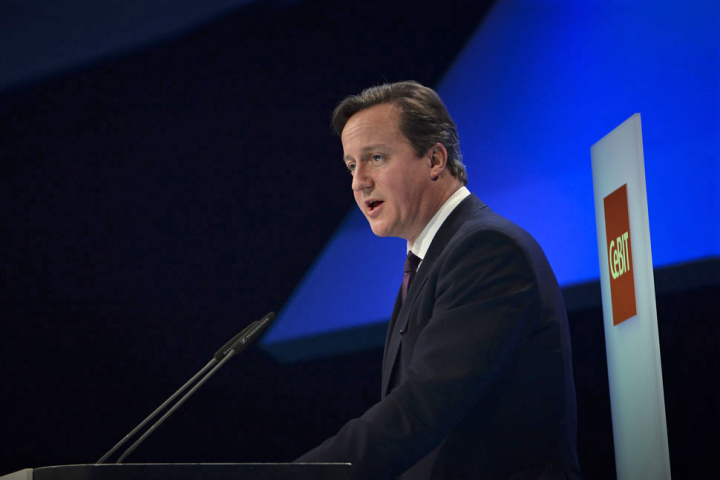
Talking to Tory Minister of Parliament Henry Bellingham yesterday, Cameron said the U.K. is not a place that will not go into people’s emails and invade their privacy. By that same token, he believes security services should have access to online communications if the U.K. wants to ward off terrorism.
“We just want to ensure that terrorists do not have a safe space in which to communicate,” said Cameron. “That is the challenge, and it is a challenge that will come in front of the House.”
That challenge looks to begin in the form of a revised version of the Draft Communications Data Bill, nicknamed the “Snoopers’ Charter.” In short, the bill would force Internet service providers, as well as mobile phone companies, to maintain records of a user’s Internet browsing activity. In addition, they would have to maintain records of someone’s email, phone call, gaming, and messaging activities. These companies would then store the information for 12 months, during which the government and security agencies can access the information.
Critics of the bill believe it would lead to the government gaining backdoor access to communication providers’ services in the name of preventing terrorism, a belief that has social enterprise In.die ready to leave the United Kingdom. “We’re not going to stay in a country where we might be forced to backdoor our products (and possibly not even be allowed to tell anyone about it),” wrote founder Aral Balkan.
If all of this sounds familiar, it’s because the FBI wanted to push, and likely still is pushing, some kind of measure that would give it backdoor access to companies such as Apple and Google. As of now, the FBI has failed in gaining that access, but because the Conservative Party now holds the majority in Parliament, the chances of the Draft Communications Data bill being passed this fall doesn’t look as bleak as before.


